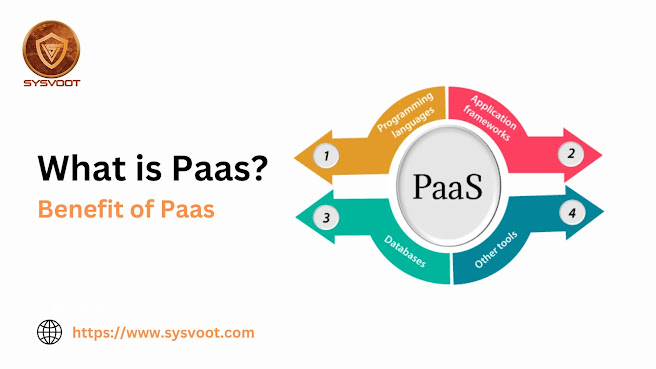What is Paas? Benefit of Paas
What Is PaaS
PaaS stands for Platform as a Service, which is a cloud computing model that provides a platform for software development and deployment. In this model, the provider offers infrastructure, middleware, and software tools as a service to users, who can then build and deploy their applications on top of this platform. This eliminates the need for users to manage and maintain the underlying infrastructure, allowing them to focus on developing and delivering their applications.
Uses of PaaS
PaaS is used for several purposes, including:
- Application Development: PaaS provides a platform for software developers to build and deploy applications, with tools for coding, testing, and deployment.
- Web and Mobile App Development: PaaS enables the development of web and mobile applications, with support for popular programming languages, databases, and frameworks.
Business Process Automation: PaaS can be used to automate business processes, such as customer relationship management, order processing, and invoicing. - Big Data Processing: PaaS provides the infrastructure for processing big data, with support for data storage, data analysis, and data visualization.
- Cloud-Native Development: PaaS enables the development of cloud-native applications, which are designed to take advantage of the benefits of cloud computing, such as scalability and reliability.
- Integration and API Management: PaaS provides tools for integrating applications with other systems and for managing APIs, allowing organizations to build and expose their own APIs.
Paas Helps Businesses In Several Ways:
- Increased Efficiency: PaaS provides businesses with pre-configured, scalable and ready-to-use infrastructure, reducing the time and effort required to set up and maintain IT systems.
- Cost Savings: With PaaS, businesses do not need to invest in hardware, software, and staffing to maintain their own IT infrastructure. This can lead to significant cost savings, as the costs are shared among multiple users.
- Improved Collaboration: PaaS allows for easy collaboration between developers, teams, and departments, enabling faster and more effective development and deployment of applications.
- Scalability: PaaS provides businesses with the ability to quickly scale their infrastructure and applications as needed, making it easier to respond to changes in demand.
- Improved Security: PaaS providers are often better equipped to provide high levels of security than businesses that manage their own IT infrastructure, as they have the resources and expertise to implement security measures at scale.
Conclusion:
In conclusion, PaaS provides businesses with a platform to develop, deploy, and manage their applications, without the need to maintain the underlying infrastructure. This can lead to increased efficiency, cost savings, improved collaboration, scalability, and better security. PaaS is becoming increasingly popular among businesses of all sizes, as it offers a convenient and cost-effective way to develop, deploy and manage applications, allowing organizations to focus on their core competencies.
Read More:-
- How to Make an Effective Cloud Disaster Recovery Strategy
- Why Law Firms Need Managed IT Services in 2023
- Latest Cyber Attacks and Trends That You Should Know




Comments
Post a Comment